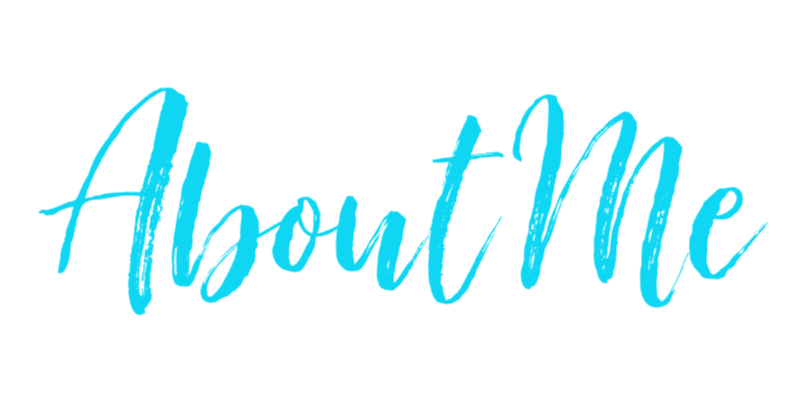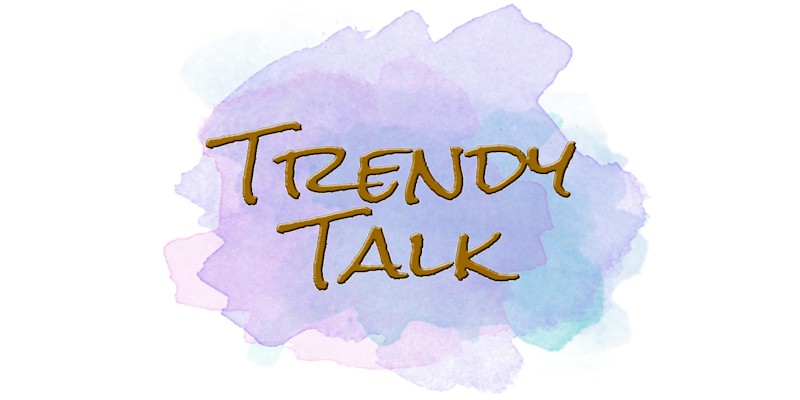Compensation was provided by Hologic via Momtrends. The opinions expressed herein are those of the author and are not indicative of the opinions of Hologic or Momtrends.
July is Fibroid Awareness Month, a time to bring attention to a common, yet under-discussed women’s health issue. So, let’s talk. This is #MyFibroidStory…
I began suffering from fibroids years ago when I lived in Brazil, but my doctors never really seemed to know what to do to help me. They couldn’t offer the guidance I needed to manage my symptoms – which left me feeling confused, and a bit helpless. After trying to ignore and live through my symptoms for a while, I learned my fibroids had worsened at a pretty inconvenient time in my life.
I had recently moved to the US, gotten married and became pregnant in less than 2 years! So many milestones happening all at once, it was hard to imagine having the time or energy to focus on anything else. At that point, life was good and exciting, but at the end of my first trimester, I received daunting news from my doctor. Complications related to fibroids and other menstrual health issues had turned the happiest time of my life into one of the most difficult as well. I remember going to countless ultrasound sessions and appointments, afraid of what the doctor was going to say. However, despite experiencing painful symptoms and enduring a lot of uncertainty throughout my pregnancy, I was able to deliver a healthy baby. I felt fortunate, and thought I was in the clear.
I was temporarily relieved after giving birth. My baby was healthy, and I was doing fine, even though it sometimes felt like my body was giving out on me. But six months postpartum, my doctor gave me news that made me feel like my world was collapsing. The fibroids had worsened again, and I was told that my only option to get rid of them was a hysterectomy. I had dreamed of growing my family – I was 35, a newlywed and had just had a baby! This news was devastating to me, and the worst part was that I wasn’t really given another choice. It was like I was silenced by fate and my body would never be the same. And while I’m grateful I could have my baby, and things ultimately went well with my surgery, I wish I’d had another choice. I wish I could have done things differently.
Because I had submitted to a hysterectomy at the age of 35, I want to raise awareness about this important issue to help normalize the conversation around fibroids so that women can be more informed, and be better advocates for their health. I hope that by starting an open dialogue, women in the same position as I was will feel empowered to ask for options.
This starts with sharing inspiring stories that encourage women to speak up and ask questions about the symptoms they’re experiencing. I hope you’ll join me in the conversation. You can share your #MyFibroidStory on social media if you’ve suffered from fibroids personally, or share #WhyIWearWhite to indicate that you stand by the women who have suffered from fibroids and heavy bleeding, and want to join the movement. It’s important that we let women know that they have options when it comes to their health, like minimally invasive procedures that can help restore a better quality of life, without having to undergo a major, lifechanging surgery.
Let’s talk facts. Did you know:
That up to 80% of women will suffer from fibroids by the age of 50? That’s a startling number, but lack of education and taboos keep many women suffering in silence.1
Despite the prevalence of fibroids and the difficulties they present in women, many are unaware of the treatment options available, and they may assume a hysterectomy is the only viable treatment option.2
It is important not to wait! Women should proactively discuss abnormalities in their cycle with their doctor, so they can start their journey to freedom from fibroids.
Fibroid symptoms vary, which is why it’s so important to monitor your symptoms every month. Symptoms can include things like heavy bleeding, periods lasting more than a week, frequent urination, pelvic pressure or pain, difficulty emptying bladder, constipation, and backaches or leg pains.3 You can learn more about symptoms here, or use this symptom checker to do a self-check before calling your doctor.
So today I invite you to share your #MyFibroidStory, and inspire others to do the same.

Change the Cycle is an online community for women with heavy periods and fibroids to share their personal challenges and find solutions. The platform encourages women to take control of their heavy periods and feel empowered to wear white, a color often associated with fear and embarrassment for women who suffer from accidents resulting from heavy bleeding. Change the Cycle’s goal is to transform the color white into an emblem of strength.
We, as women, together, have the power to advocate for our own health, and that starts with knowing the full spectrum of treatment options.

It is so important to talk to your friends and share about such an important issue!

You can learn more about fibroids HERE.
Check this out:
I can’t wait to hear what you think about Fibroid Awareness Month!
As usual, give us a Trendy Shout!
References:
- Uterine Fibroid Fact Sheet. Office of Women’s Health, U.S. Department of Health and Human Services. https://www.womenshealth.gov/a-z-topics/uterine-fibroids. Accessed April 27, 2017.
- Brigham and Women’s Hospital. Fibroids: Treatment. U.S. News & World Report. https://health.usnews.com/health-conditions/sexual-health/fibroids/treatment. Accessed May 20, 2018.
- Uterine fibroids: Overview. Mayo Clinic. http://www.mayoclinic.org/diseases-conditions/uterine-fibroids/home/ovc-20212509. Accessed April 25, 2017.
For more Health related articles, click HERE.














I feel like period issues and fibroids are just generally dismissed. Like everyone hates their period so get over it.
I didn’t know it was awareness month. I really need to to check it out.
Thanks for sharing this. It’s so important to talk about these things to be able to get the help that we all need.
Thanks for writing about this and bring it to light. Great article.
Taking care of our health is so important. Thanks for these tips and advice!
Fibroids are such a big issue that so many women have but we don’t really talk about it. I’m so glad they are bringing awareness about it.
It is good to know that you now have the guidance and care for it. I know times like this are pretty difficult but keep on holding and fighting. You still look amazingly beautiful.
That is great they have a month to help spread awareness for this.
I didn’t know it was awareness for this for this month. Glad to know now too. I always think it’s important to bring awareness like this. Love it.
I am so glad you got the help you needed. This is something we definitely need to bring awareness to. Women need to share so we can help each other become healthy.
I’m not sure I fully understand what they are, but you can bet I will be talking to my doctor about it.
These are facts that I never knew about. This is a topic that we ladies need to talk about.
I often worry that I am getting fibroids because of my extremely heavy periods. But I get checked during my yearly OBGYN visit and have been told it’s because I am in perimenopause.
My mom has to have a hysterectomy when she was 42 years old because her fibroids were so terrible. She was losing so much blood that she needed iron shots. I didn’t live at home at the time so I don’t really remember all of the symptoms she experienced. But I know that the surgery was a big deal.